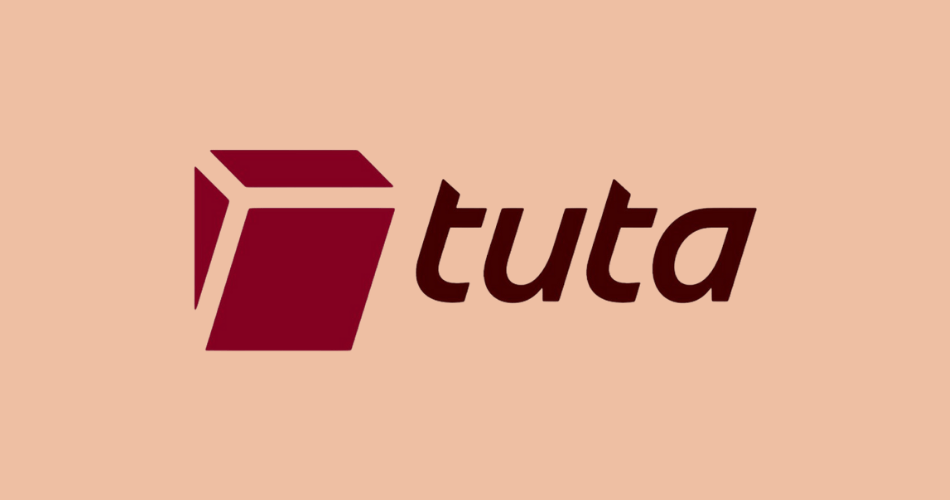
Privacy-focused email provider Tuta has filed a formal complaint against Apple with the European Commission, accusing the tech giant of violating the Digital Markets Act (DMA) by refusing to allow Tuta Mail to be set as the default email app on iOS.
The complaint, submitted on April 2, 2025, follows months of unsuccessful attempts by Tuta to engage Apple through both official and public channels.
According to Tuta, the company has submitted multiple requests — starting in mid-January — to Apple’s designated email for default app applications, followed by several follow-up emails and public appeals on X. Despite Apple’s policy of responding within six weeks, Tuta says it has received no acknowledgment, let alone a decision.
Tuta, previously known as Tutanota, is a German-based encrypted email provider known for implementing quantum-safe encryption and advocating for privacy-first digital communication. Positioned as an independent alternative to Big Tech email platforms, Tuta has often found itself at odds with larger tech firms. The latest dispute centers around Apple’s control over iOS defaults, which Tuta argues obstructs fair market access in violation of DMA requirements.
The Digital Markets Act, enforced by the European Union since March 2024, mandates that designated “gatekeepers” like Apple must not prevent interoperability or favor their own services over those of competitors. One key requirement is that users must be free to select their preferred default apps for core functionalities like browsing, messaging, and email.
Tuta claims Apple is actively breaching this regulation by making it impossible for users to set Tuta Mail as their default email app, despite Apple’s provision for third-party email apps to request inclusion. Apple has neither approved nor rejected the request; it has remained silent — a tactic Tuta characterizes as malicious compliance.
This is not the first time Tuta has clashed with major tech firms. In recent years, it has reported repeated access blocks and service disruptions caused by companies including Google, Microsoft (Outlook), AT&T, Comcast, and ThreeUK. In each instance, Tuta claims the issues were resolved only after public pressure was applied — highlighting the uphill battle privacy-focused alternatives face in a market dominated by a few powerful players.
The company argues that the ability to be chosen as a default email app is not just a technical feature, but a fundamental requirement for competing in the email space. Apple’s gatekeeping, according to Tuta, makes full migration to privacy-centric options more difficult for users and erodes digital choice.
While Apple has not responded to Tuta or publicly commented on the matter, the complaint now sits with the European Commission. If the Commission finds Apple in breach of the DMA, it could trigger investigations and potential penalties, including fines of up to 10% of global annual turnover.








Leave a Reply